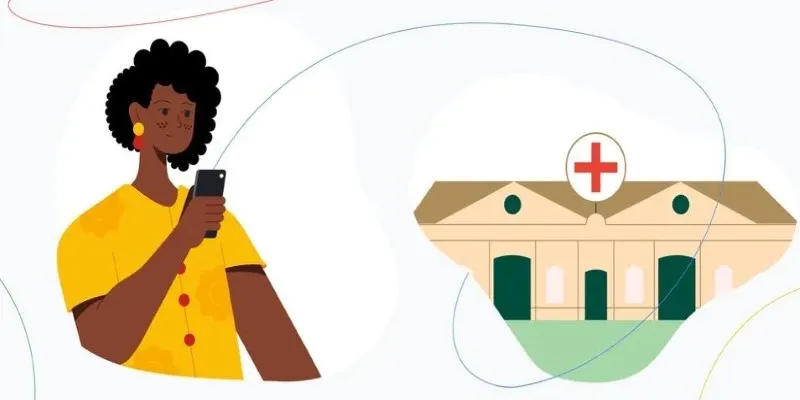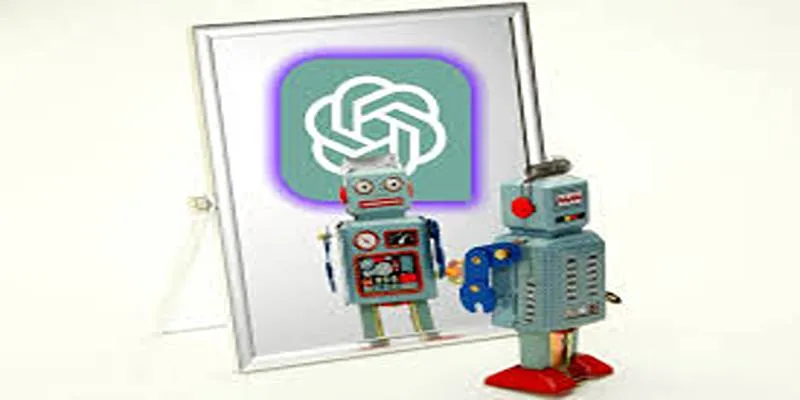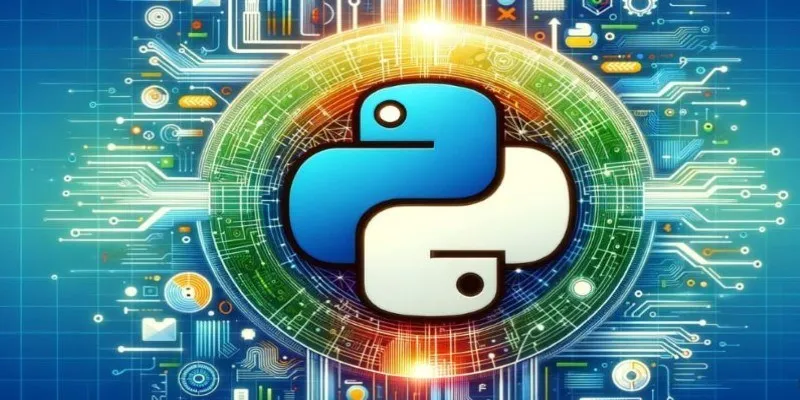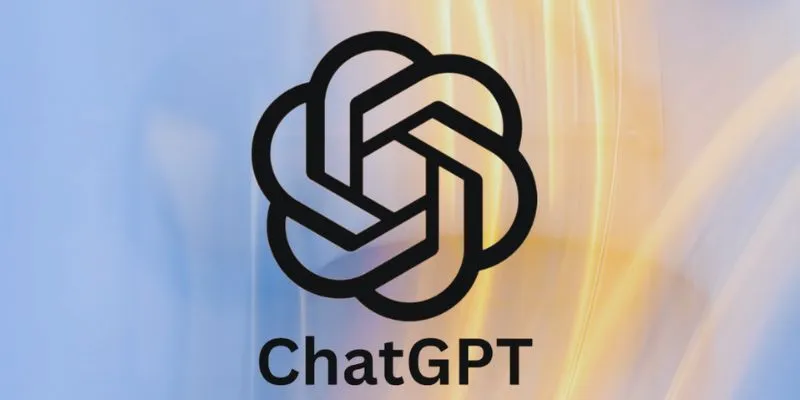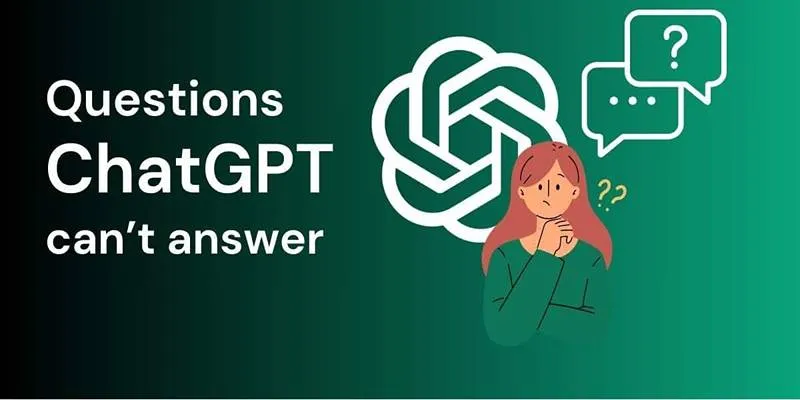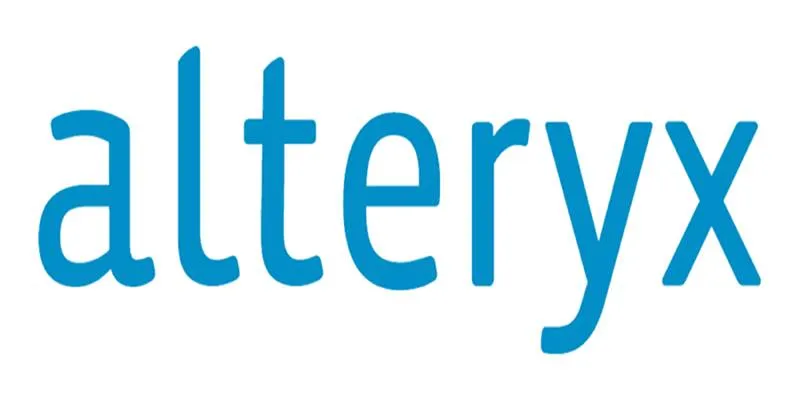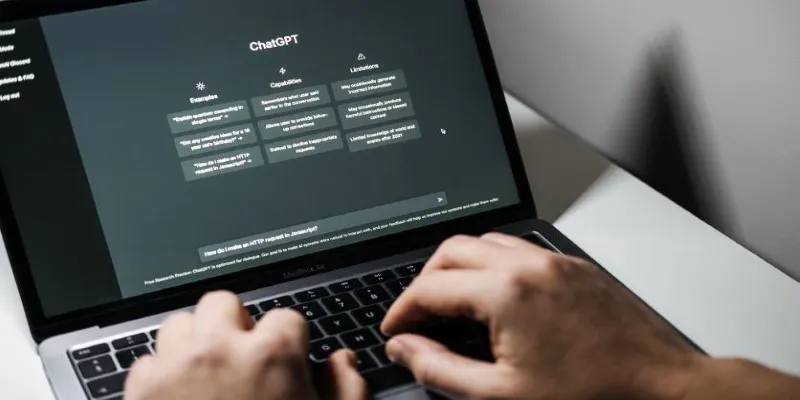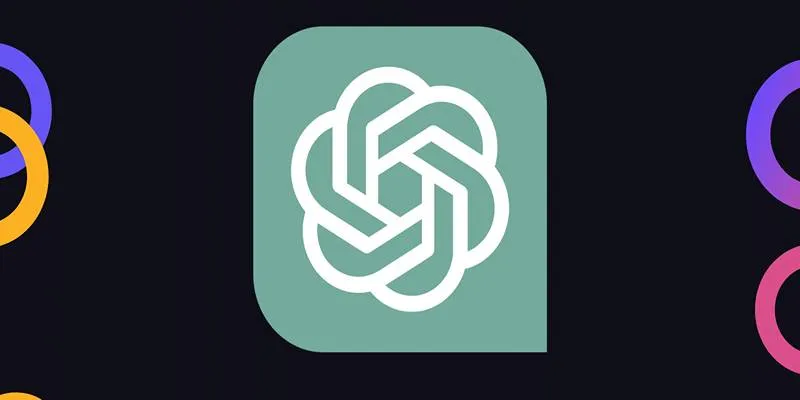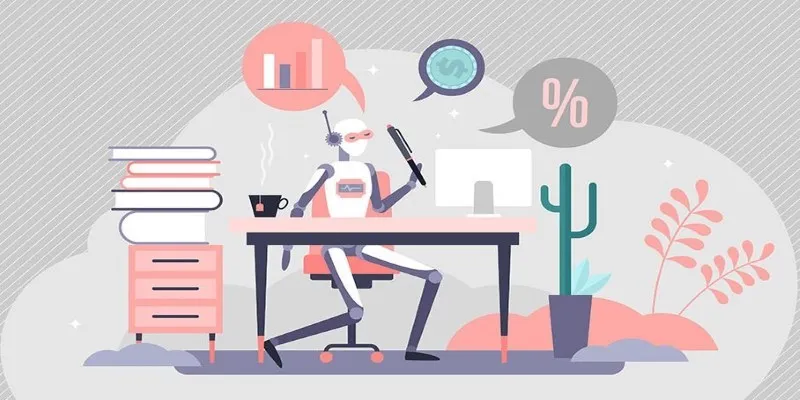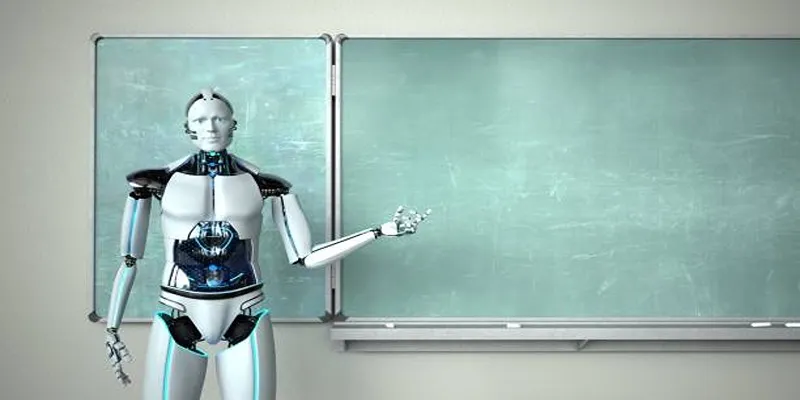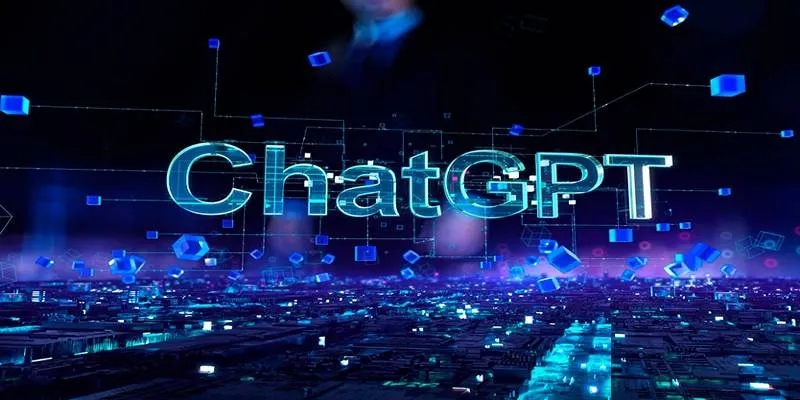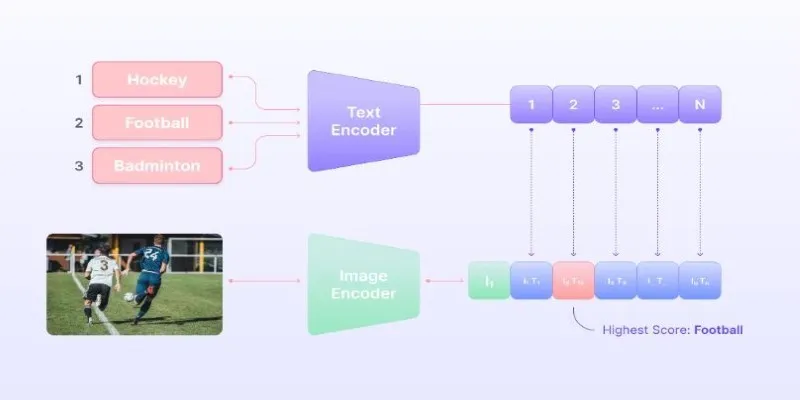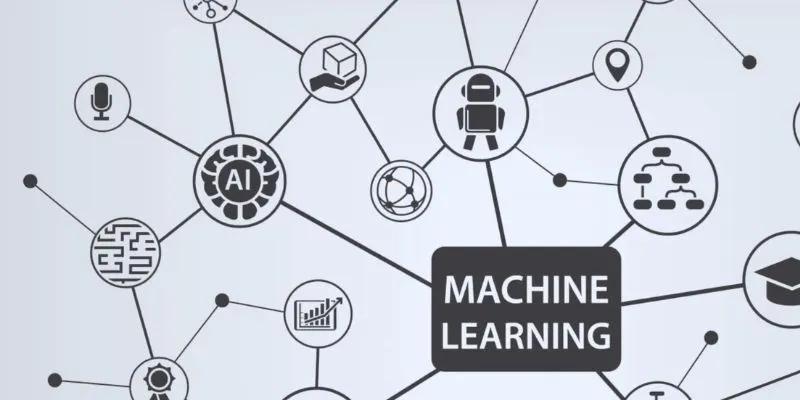Artificial intelligence (AI) is revolutionizing the way students learn. Among the myriad of AI tools available today, ChatGPT stands out as one of the most beneficial for studying. It can answer questions, clarify complex topics, assist with writing, and even guide students step-by-step through problems. However, the true value of this tool lies in how effectively it is utilized.
While some students may attempt to use AI to bypass the learning process, this approach is counterproductive in the long run. When used correctly, ChatGPT can transform into a powerful study partner or tutor—available anytime, providing clear explanations, and fostering genuine understanding. This post will explore how students can leverage ChatGPT to enhance their study habits , gain a deeper understanding of schoolwork, and build confidence as learners.
Ask ChatGPT to Explain Complex Topics
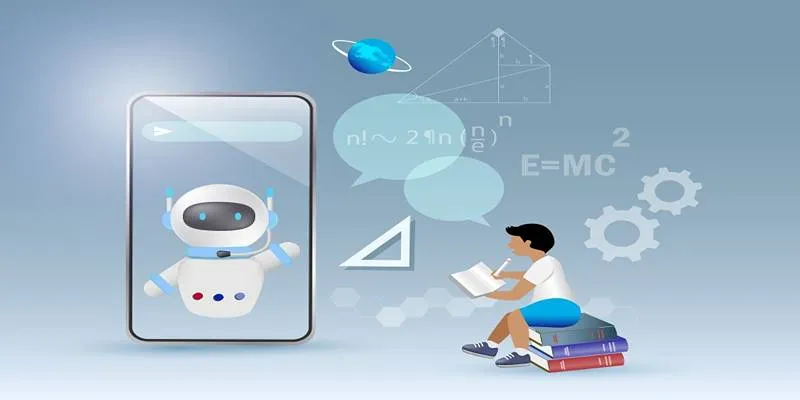
Sometimes, reading a textbook or listening to a lecture can leave students feeling overwhelmed. In such instances, ChatGPT can simplify challenging topics by breaking them down into understandable parts.
For example, a student might type:
- “Can you explain supply and demand as if I’m in high school?”
- “Help me understand what ‘opportunity cost’ means with examples.”
ChatGPT can use straightforward language and real-life examples to clarify concepts. It can also tailor explanations to suit the student’s level—whether they’re in middle school, high school, or college.
This approach makes learning less daunting and more effective, especially for students who prefer to learn at their own pace.
Use ChatGPT to Identify Mistakes
Many students receive grades on homework or tests without understanding their mistakes. Merely knowing the score does little to help if there is no feedback. This is where ChatGPT proves invaluable.
Students can submit their answers and inquire:
- “I chose option B for this question. Why is D the correct answer?”
- “Can you find the mistake in my math problem solution?”
ChatGPT can analyze the problem step-by-step, pinpoint where the error occurred, and explain how to correct it. This helps students learn from their mistakes, reducing the likelihood of repeating them in the future.
It’s like having a tutor who reviews your work and provides detailed feedback on how to improve.
Enhance Your Writing Skills with ChatGPT
Good writing requires time and practice. While tools like Grammarly are effective for catching spelling and grammar errors, ChatGPT offers much more. It helps students improve the overall structure, flow, tone, and word choice in their writing—all crucial for creating strong and clear content.
Students can request feedback from ChatGPT in various ways, such as:
- “Act like a teacher and give feedback on my essay.”
- “How can I make this paragraph clearer and more interesting?”
ChatGPT not only suggests changes but also explains why those changes enhance the writing. This turns basic corrections into valuable writing lessons.
Depending on the student’s needs, ChatGPT can provide feedback from different perspectives—such as a creative writing coach, a formal science editor, or even a professional reviewing an email. This helps students learn to adjust their writing for various audiences and purposes. By using ChatGPT in this way, students develop real writing skills that extend beyond quick fixes for a single assignment. Over time, this leads to stronger writing and greater confidence in expressing ideas.
Develop a Personalized Study Plan
Many students struggle with time management when preparing for exams. ChatGPT can assist in creating a customized study plan based on the student’s needs, goals, and schedule. Whether there’s one week or one month left before a test, ChatGPT can design a plan that maximizes the available time.
A student might ask:
- “Can you create a two-week plan to help me study biology?”
- “I have 30 minutes a day. What should I focus on to learn algebra?”
ChatGPT will break the subject into manageable parts, suggest daily tasks, and recommend effective study habits like regular reviews, using flashcards, and practicing problems. It can even incorporate rest days and tips for staying motivated. Having a clear plan reduces the overwhelming nature of studying and helps students remain on track. It also promotes consistency, which is crucial for long-term learning and improved exam performance.
Summarize Notes and Readings
Long textbooks and academic articles can be daunting, especially if they’re filled with complex vocabulary or ideas. ChatGPT can help students summarize and simplify what they’re reading.
They can copy and paste a passage or notes and ask:
- “Can you explain this paragraph in simple terms?”
- “What are the main points of this article?”
- “Help me turn this into a short outline for a class presentation.”
This feature is particularly useful when preparing for exams or writing papers, making it easier to grasp and retain key information.
Practice Without Fear of Judgment

Some students hesitate to ask questions in class out of fear of appearing silly or asking something too basic. With ChatGPT, they can ask anything without fear or embarrassment.
For example, they might ask:
- “What’s the difference between a verb and a noun?”
- “Can you quiz me on these 10 vocabulary words?”
- “Can you explain the water cycle as if I’m in grade school?”
ChatGPT always responds with patience and clarity. It provides a safe space to practice, review basics, or explore ideas further. The more questions students ask, the more confident they become.
Conclusion
When used correctly, ChatGPT can be an excellent study tutor. It can explain concepts clearly, guide students through problems, offer feedback on writing, and even help plan study schedules. It empowers students by giving them more control over how and when they learn.
However, success ultimately stems from effort and curiosity. ChatGPT is not a replacement for teachers, books, or hard work. It is a tool designed to enhance understanding and promote independent learning. When students use ChatGPT with a focus on learning—not just obtaining answers—they become stronger, smarter, and more confident in their studies.
 zfn9
zfn9
